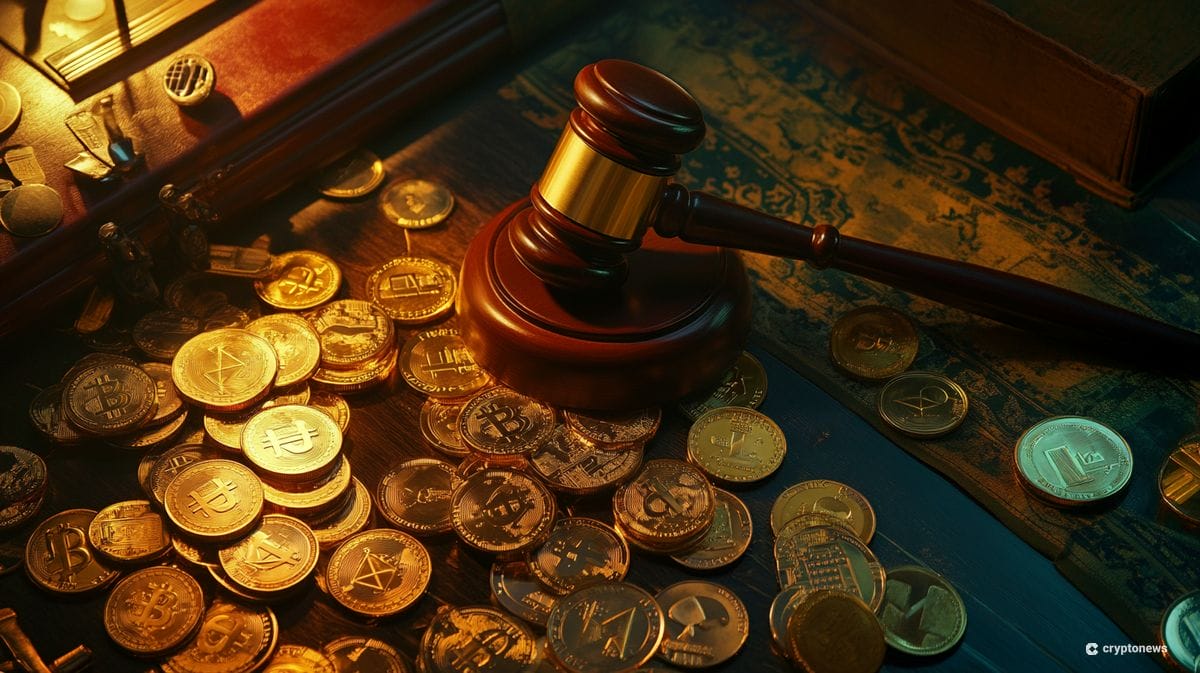Coinbase, one of the leading cryptocurrency exchanges, filed for a partial summary judgment in its lawsuit against the SEC on October 15. The company seeks internal documents from the federal agency concerning its stance on current crypto regulations. Despite multiple Freedom of Information Act (FOIA) requests made by Coinbase to obtain these documents, the SEC has consistently rejected their requests. Coinbase argues that the SEC has failed to clarify which digital asset transactions are subject to securities laws, leading to confusion and compliance issues within the industry.
The legal document filed by Coinbase accuses the SEC of launching an aggressive enforcement campaign against digital asset firms without providing clear guidelines on how to comply with existing securities rules. The company’s lawyers claim that the SEC does not have a legal basis for withholding the requested documents related to the FOIA requests. The SEC allegedly requested three years before reviewing Coinbase’s requests, leading to delays in the process. Coinbase is seeking a partial summary judgment from the court to compel the SEC to provide the internal documents promptly.
The SEC’s stringent approach to crypto regulations has been a point of contention within the industry for years. Many crypto companies, including Kraken, Binance, Ripple, and now Crypto.com, have faced enforcement actions from the federal regulator. Crypto.com recently sued the SEC after receiving a Wells notice, indicating that an official enforcement action was imminent. The company’s CEO, Kris Marszalek, criticized the SEC’s regulatory strategy as “unauthorized overreach and unlawful rulemaking,” highlighting the challenges faced by legitimate and licensed crypto businesses in the U.S.
The lawsuit filed by Crypto.com against the SEC is seen as a bold move within the industry, reflecting the frustration with the regulator’s actions. The company’s decision to take legal action against a federal agency demonstrates the severity of the regulatory challenges faced by crypto businesses in the U.S. As the presidential election approaches, the regulatory landscape for the blockchain sector remains uncertain. Republican nominee Donald Trump has pledged to remove SEC Chairman Gensler if elected, while Democratic nominee Kamala Harris has yet to clarify her stance on blockchain regulation.
In response to the lawsuit filed by Coinbase, the SEC has come under scrutiny for its lack of transparency and clarity on crypto regulations. The agency’s enforcement actions against digital asset firms without clear guidelines have raised concerns among industry players. By withholding internal documents related to Coinbase’s FOIA requests, the SEC has further fueled distrust and frustration within the crypto community. The outcome of the legal battle between Coinbase and the SEC could have far-reaching implications for the future of crypto regulations in the U.S. As the industry awaits a resolution, the debate over regulatory clarity and compliance continues to shape the landscape for crypto businesses in the country.
Overall, Coinbase’s legal battle with the SEC highlights the challenges faced by crypto companies in navigating the regulatory framework in the U.S. The lack of clear guidance from the SEC on crypto regulations has created uncertainty and compliance issues for industry players. The lawsuit filed by Coinbase and other crypto firms against the regulatory agency underscores the growing tension between regulators and the crypto community. As the legal proceedings unfold, the industry will be closely watching the outcome and its potential impact on the future of crypto regulations in the U.S.











